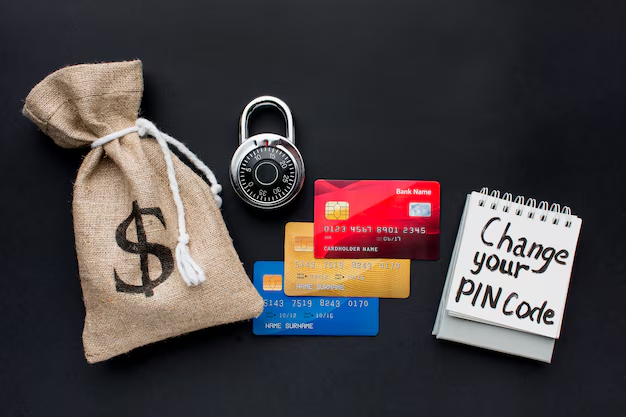In today’s financial landscape, credit cards have become essential tools not only for managing expenses but also for building a strong credit history. Credit history plays a critical role in determining an individual’s creditworthiness, which impacts their ability to secure loans, rent properties, or even land certain jobs. A well-maintained credit card can act as a gateway to financial success if used responsibly.
Understanding Credit History
Credit history is a record of a person’s financial behavior, including their ability to repay borrowed money. This history is tracked by credit bureaus and summarized in the form of a credit report and credit score. Lenders assess this information to decide whether to extend credit or approve loans.
Credit Cards: The Building Blocks of Credit History

1. Establishing a Credit Footprint
For someone new to credit, a credit card is often the easiest way to create a credit record. When used wisely, it shows lenders that you can manage borrowed money responsibly.
2. Demonstrating Responsible Behavior
Consistently paying off your credit card balances on time indicates financial discipline, which positively influences your credit score.
3. Low Credit Utilization
Credit utilization—the ratio of your credit card balance to your credit limit—is a key factor in credit scoring. Keeping your utilization low (preferably below 30%) signals to lenders that you are not overly reliant on credit.
4. Long-Term Credit History
The length of your credit history contributes to your credit score. Having an active credit card account over several years adds to the “age” of your credit accounts, which is beneficial in the long term.
5. Diverse Credit Mix
Using a credit card contributes to a diverse credit mix, which is another factor that credit bureaus consider. A healthy combination of revolving credit (like credit cards) and installment loans (like car or home loans) reflects well on your financial profile.
Conclusion
Credit cards, when used responsibly, are powerful tools for establishing and maintaining a strong credit history. Timely payments, low credit utilization, and consistent financial habits are the pillars of a solid credit profile. While credit cards offer numerous benefits, misuse or overspending can have the opposite effect, leading to debt and poor credit scores. Hence, it is vital to educate oneself about responsible credit usage to harness its full potential.
FAQs
Q. How does using a credit card impact my credit score?
Using a credit card impacts your credit score through factors like payment history, credit utilization, and account age. Timely payments and low utilization positively affect your score.
Q. Can I build credit history without a credit card?
Yes, you can build credit history through other means, like personal loans or secured loans. However, credit cards are one of the easiest and most accessible tools for beginners.
Q. What happens if I miss a credit card payment?
Missing a payment can negatively impact your credit score and result in late fees or higher interest rates. Repeated missed payments may severely harm your credit history.
Q. How many credit cards should I have to build a strong credit history?
There’s no set number of credit cards required. Focus on managing the cards you have responsibly rather than acquiring many. Having 1–3 well-managed cards is sufficient for most people.
Q. Can closing a credit card account affect my credit score?
Yes, closing a credit card can impact your credit score, especially if it affects your credit utilization or the average age of your credit accounts. It’s best to consider these factors before closing an account.
